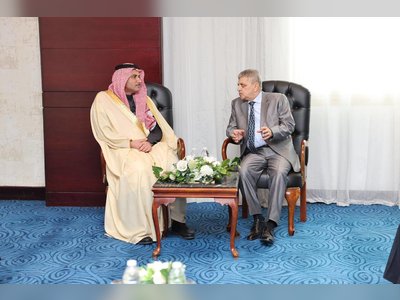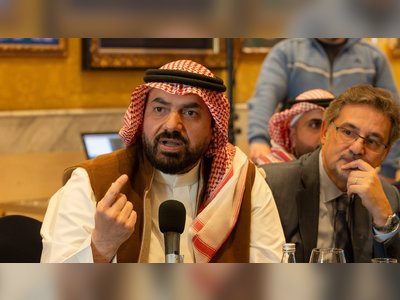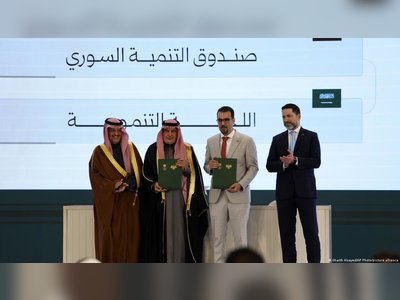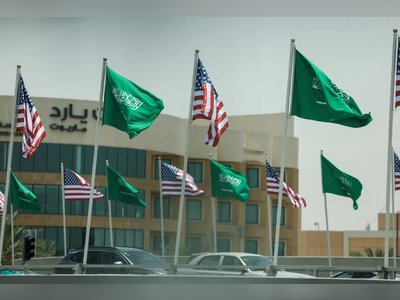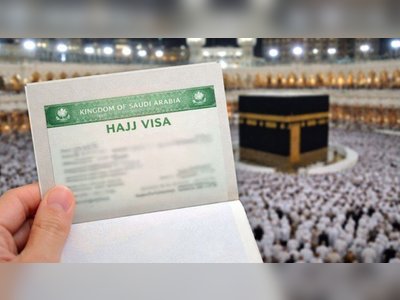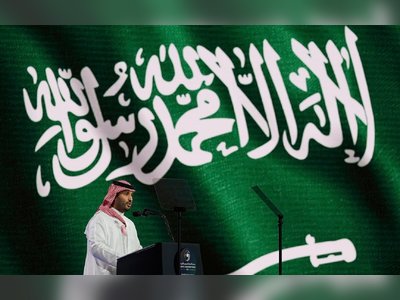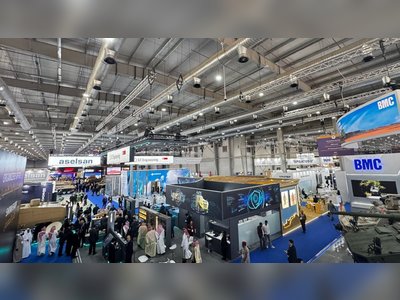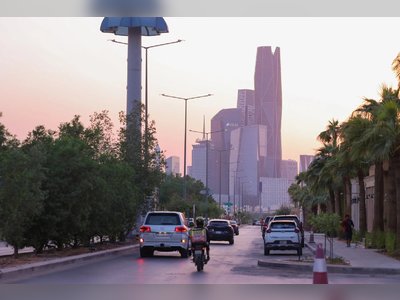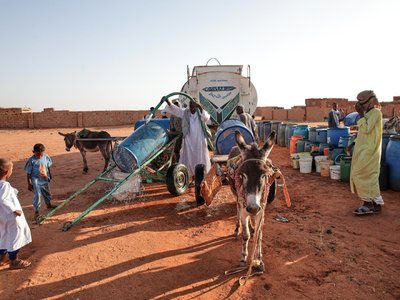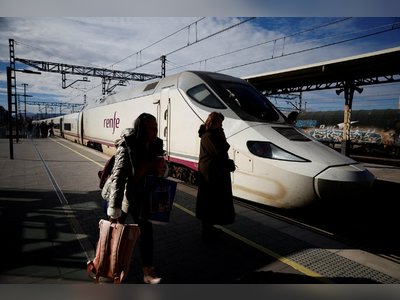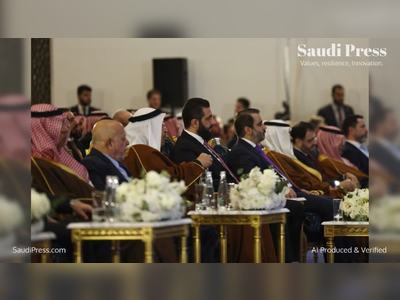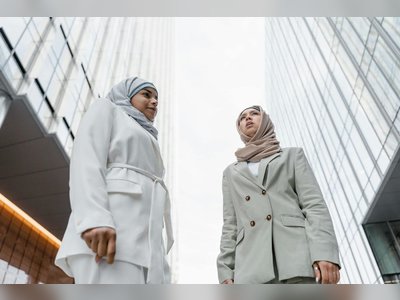
From palm trees to homes: Iraqi agricultural land lost to desert
Southern Iraq was once known as the “black land” – the vast swaths of palm trees blocking out everything else, and providing food, shelter, and shade.
But the palm trees, as well as fruit trees and vegetable farms, have now mostly disappeared in and around the southern port city of Basra. Instead, real estate projects have taken over, as well as deserts.
The effect of climate change on agricultural land in Iraq, including rising water salinity and higher temperatures, has forced many farmers to turn to building and selling houses – but while that can lead to profits and cash in the short term, it is also deepening Basrawis’ vulnerability to climate disasters.
Farmers said they have no choice.
“I am one of many farmers who had to stop farming because of climate change, and a lack of government support,” said Fouad Kadhim, next to a dead palm tree in Seeba, a town outside of Basra. “Palm trees used to cover my land – two hectares [five acres], but now they have all died.”
Kadhim pointed out that the increased salinity of the Shatt al-Arab river, Basra’s main water source, waste products in the water, and air pollution as a result of Iran’s Abadan oil refinery across the border, had all negatively affected his land.
“What is heartbreaking is that I see these palm trees cut off and moved into restaurants to be used later as firewood for cooking purposes, and the lands either ignored or used for houses,” Kadhim told Al Jazeera.
Kadhim used to grow pomegranates, figs, olives, oranges, and other fruits and vegetables. His land has now turned into a desert.
“It was not only an orchard but also a place to have rest and breathe fresh air, just like the Garden of Eden, but today it has become a cemetery of dead palm trees,” Kadhim said.
He added, “If nothing changes and the government is still not listening to us, I am going to divide my lands and sell it to people to build houses later, I have no choice, this is the only way to survive. I have a family, I should feed them, what other options do I have?”
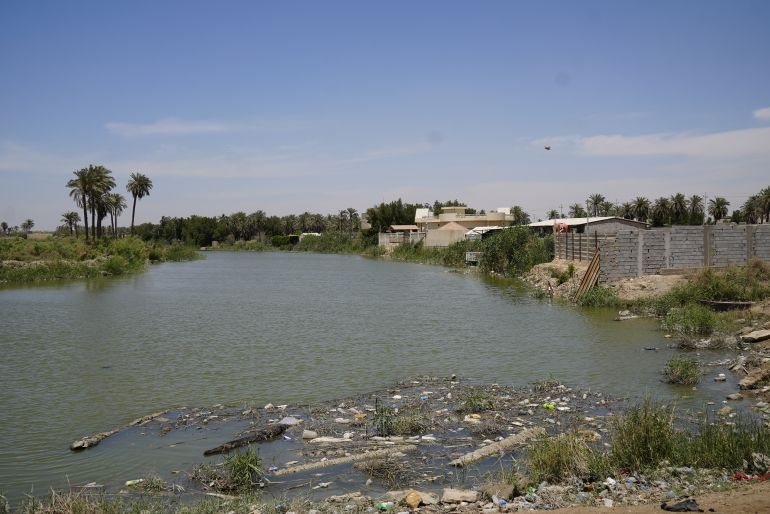 Increased water salinity means that the Shatt al-Arab river is no longer a reliable source of water for irrigation
Increased water salinity means that the Shatt al-Arab river is no longer a reliable source of water for irrigation Sandstorm warning
The current ecological and climate conditions have been a trend in recent years. In August 2018, local officials in Basra announced that the governorate was a “disaster area” due to rising water salinity in the Shatt al-Arab, and increasing sea levels in the Gulf.
Sandstorms have been coming earlier in the year, and becoming more frequent.
Ahmed Hilal, a local official in Seeba, said that the conditions of the past few years might be an indication of what is to come.
“The current dust storms are an indicator that the future will be worrying,” Hilal told Al Jazeera. “To combat climate change in Basra, the authorities have to launch campaigns to increase vegetation, raise people’s awareness and encourage them to plant more trees.”
“Iran and Turkey have closed the water flow into Iraq, the main source of water for human consumption, agriculture and animals – that’s led to a decrease in the Shatt al-Arab water level, which has led to more saltwater from the Gulf flowing into the river, and then to other rivers until it reaches Seeba,” Hilal added.
Like Kadhim, farmer Abdulsaheb Ismail also has to deal with the after-effects of this phenomenon.
“In previous years, the water was fresh and the land was fertile, but because of the [increase in water salinity] lands have dried out and the soil has turned into a desert. Basra is not a green land like it was in the 1970s,” Ismail told Al Jazeera.
“We got zero support from the government and we rely on our own efforts in agriculture, but that is not sufficient. Especially since agriculture needs a big state strategy to revive agricultural lands, like supporting us with loans, improving water quality, as well as supporting local farmers by imposing tariffs on imported produce to give the local farmers a space to sell their own,” Ismail added.
The farmer explained that he was not able to pay for the water he needed to water his crops and trees, as well as buy fertiliser, pesticides, and other products needed for farming.
“This was the job our forefathers did, we cannot stop doing it in this manner,” he said.
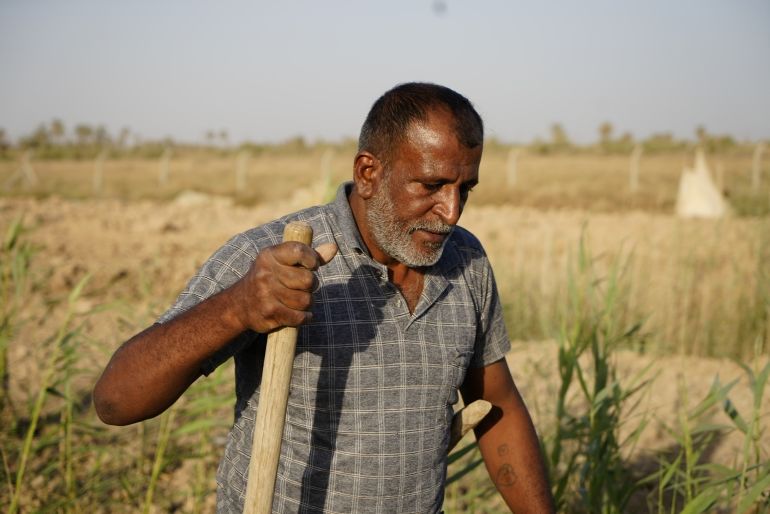 Mohammed Obaid planted 250 palm trees; only one survived
Mohammed Obaid planted 250 palm trees; only one survivedVictims of climate change
Iraq’s Ministry of Agriculture has acknowledged the difficulties facing farmers, but said that the ministry simply does not have enough money to help.
“There was support for farmers between 2019 and 2021, but in 2022 the support was reduced because of the drop in the value of the Iraqi dinar,” Hameed al-Nayef, the spokesperson for the ministry, told Al Jazeera. “We have already asked the government to increase the annual budget for our ministry so that we can support the farmers and agricultural sector in the country as much as we can.”
Al-Nayef said that the number of palm trees has actually increased in Iraq since a low point in 2003, during the Iraq war.
He also said that some of the blame for the desertification should be on the farmers who decided to build homes on their land.
“We have stringent deterrent decisions against anyone trying to get rid of their trees, but unfortunately, many farmers want to destroy the palm trees and instead create residential areas, which, of course, has led to a decrease in the country’s green belt,” al-Nayef said.
But even for the farmers that have still continued to plant in Basra, the quality of the produce is not what it once was.
“The high temperature has led to the death of various kinds of plants and trees in Basra,” said Alaa al-Badran, an agricultural expert. “The fruit which grows has changed, it has become undesirable because of its small size, and many farmers do not seem to benefit from the crops they grow as the commercial value and prices are low – it’s a result of climate change.”
All of this has meant that it has become harder and harder for farmers to survive.
Mohammed Obaid has tried everything to give his trees the water they need to grow, but he is still trying to claw back the money he lost in 2019, when his trees died as a result of increased water salinity.
Out of 250 palm trees, only one survived, and Obaid lost 10 million Iraqi dinars ($6,850).
“I use the housing tap water to water my trees, it is not enough to water all the trees but it is better than using the direct water from Shatt al-Arab, which is dirty, salt and polluted” Obaid said.
“I have planted hundreds of pomegranate, fig and grape trees, but more than 75 percent have died due to water salinity and dust storms,” he added. “We are victims of climate change.”
